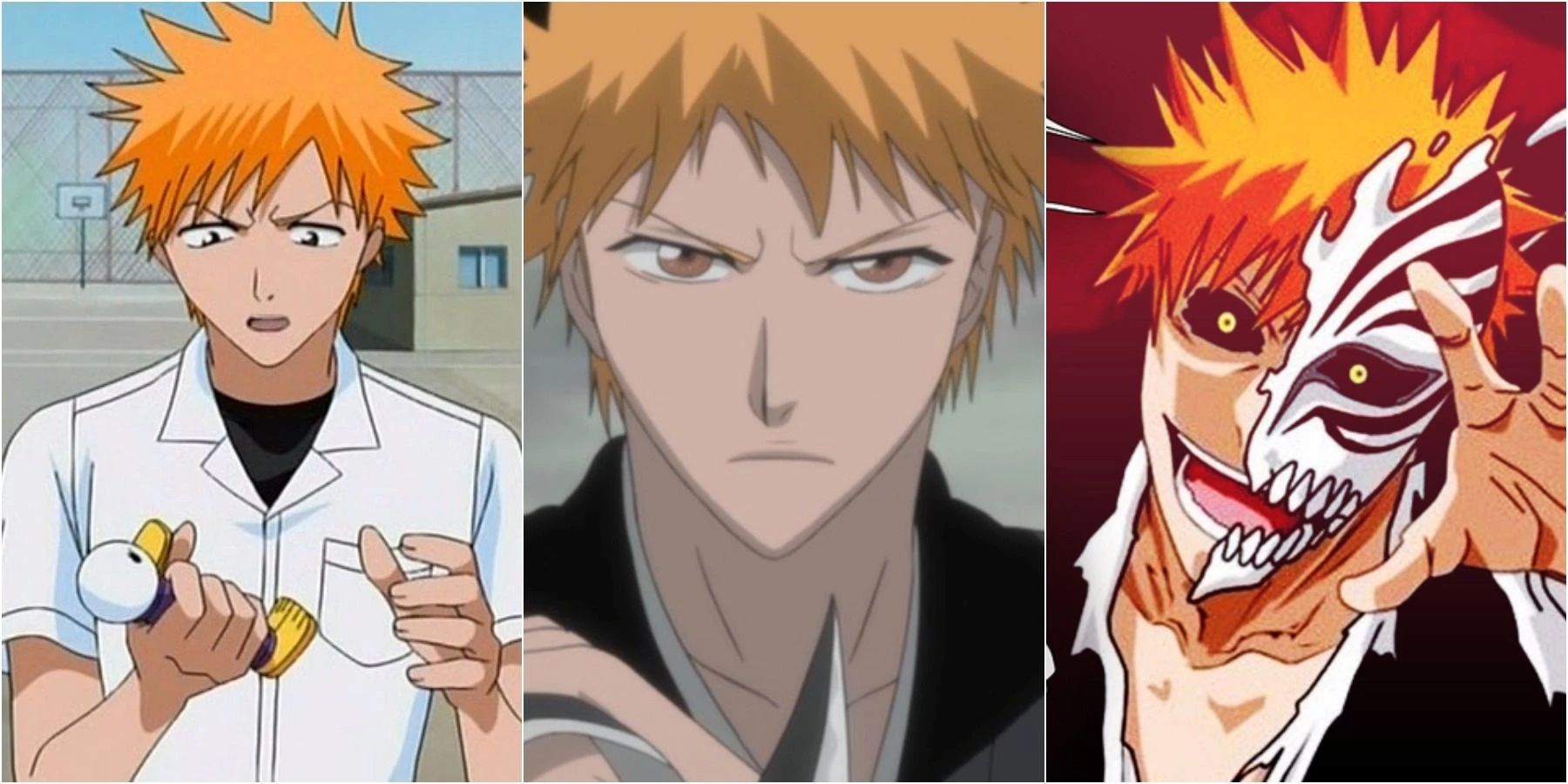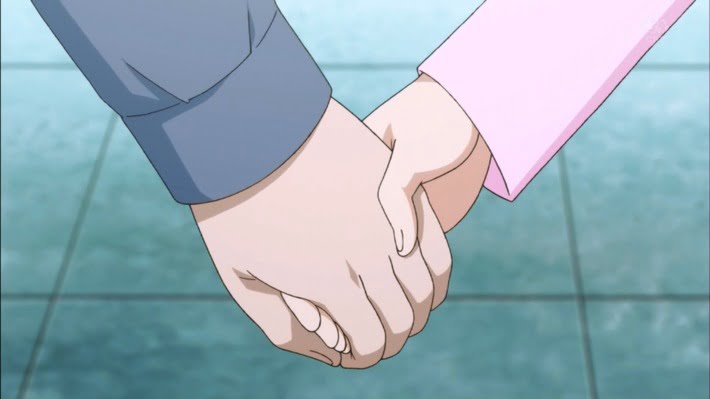Tsundere, for those unfamiliar with the term, refers to a character development trope where an individual initially exhibits coldness, fierceness, and even hostility before gradually revealing a softer, warmer side over time.
This popular character archetype is commonly found in manga and anime. Take, for instance, the series Inuyasha, where almost a third of the characters, including the titular character Inuyasha himself, fall under the tsundere category. They may appear fierce and unapproachable on the surface but possess a kind-hearted nature beneath.
Tsundere characters often experience embarrassment or uncertainty regarding romance, leading them to display more aggressive and self-centered behavior, particularly in the presence of the person they have feelings for. Their internal struggle between pride and love significantly influences their actions.
As tsundere characters evolve and come to terms with their emotions, they tend to maintain their “tsun tsun” demeanor (displaying disgust, anger, or arrogance) in public while gradually revealing their “dere dere” side (affectionate and lovestruck) in private, away from prying eyes. If a character ever utters the phrase “it’s not like I like you or anything” with a stern expression while performing kind deeds, it is a surefire indicator of a tsundere character.
The enduring popularity of tsundere characters stems from the allure of their complex personalities and the journey they undertake in accepting their feelings. Whether they make us smile, laugh, or empathize with their struggles, tsundere characters have carved a special place in the world of manga and anime.
Tsundere and Attachment Theory
As someone interested in psychology, I like to discover why people do things and why they act. I found interesting psychological terms in attachment theory that can be used to describe the reasons behind a tsundere’s actions: avoidant attachments. People with this attachment style always see the closeness and emotional investment as dangerous and to be avoided.
According to attachment theory, individuals with an avoidant attachment style exhibit high levels of independence, often feel uncomfortable with intimacy, fear commitment, and can rationalize their way out of intimate situations.
They may adopt an unfriendly and fierce demeanor to push others away intentionally. When faced with challenging circumstances, individuals with an avoidant attachment style may appear to calm externally while experiencing conflicting emotions internally. The concept of “tsundere” aligns with this psychological characteristic.
Why Are Tsundere Characters So Likeable?
This tsundere character has proven to be very popular and loved. To name a few, there is Asuka Langley (Neon Genesis Evangelion), Naruto Narusegawa (Love Hina), Kyou Sohma (Fruits Basket), Rin Tohsaka (Fate/Stay Night), Kaname Chidori (Full Metal Panic), and Haruhi Suzumiya, who at least defines a tsundere character. The list will continue to grow because they are so loved.

Why are Tsundere characters even liked? Psychologist and anime enthusiast Yoshihito Naautou explains this fascination through scientific evidence. Nautou’s argument refers to a study by Gerald Clore from the University of Illinois. Clore experimented on 338 participants by showing four videos of two people (A and B) interacting. The videos are as follows:
- Video 1: A friendly to B.
- Video 2: A is initially friendly to B but cools down as the conversation progresses.
- Video 3: A is initially unfriendly to B but softens as the conversation progresses.
- Video 4: A acted like a jerk and threw a tantrum during the conversation.
When surveyed about the most interesting behavior, most participants chose video number three. The process that causes this is called the gain-and-loss effect. When someone is consistently unpleasant to us, it establishes a behavioral basis that colors our expectations. When the person turns out to be more agreeable, even if just a little bit, we will interpret that as progress, which is so psychologically appealing.
The most plausible explanation is that it appeals to our notions of succeeding in winning a game. A tsundere in her natural state would treat you like shit. But their defenses will drop once you display attractiveness through various good intentions.
You see their blush, and they try to act like they don’t like you. Breaking down their walls with good intentions is a satisfying achievement. You win, and as a prize, you get a soft and beautiful side of “dere.”
So if you encounter this tsundere character, if someone treats you unfriendly or even grumpy for no reason, they may be trying to hide a romantic interest they can’t admit. But it should also be noted some people hate you, so please look for the nearest mirror.











